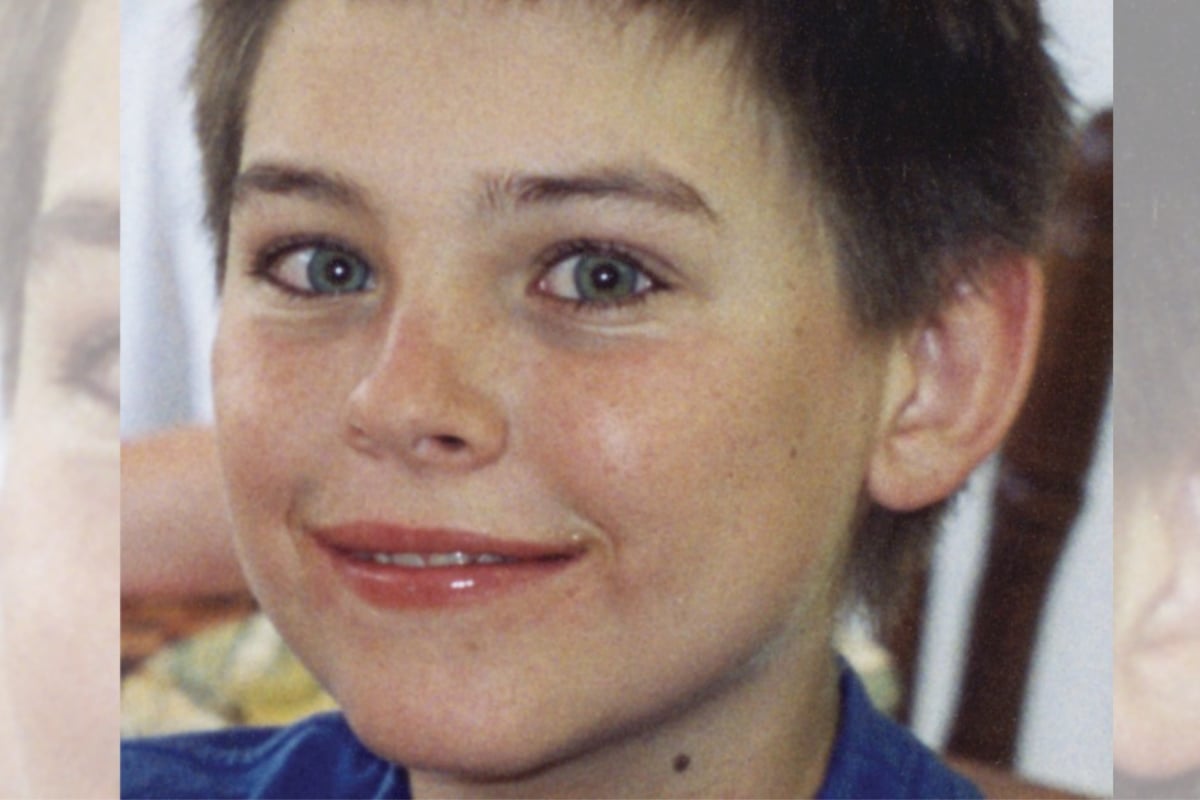
-With AAP.
1. Why the inquest into Daniel Morcombe’s death took so long.
Findings from the inquest into the death of Daniel Morcombe are set to be handed down, some nine years after a Queensland coroner first began examining the schoolboy’s disappearance and 16 years after he was abducted and murdered.
Coroner Terry Ryan is likely to focus his recommendations on Friday on the police handling of the case after the 13-year-old’s disappearance from a bus stop on his way to buy Christmas presents for his family in 2003.
Daniel’s parents, Bruce and Denise, told 9 News they will be relieved to see the end of legal proceedings.
Bruce Morcombe believes the police investigation could’ve been far simpler and quicker.
“It’s important that the process, the police review process, is thorough and they get it right because there were some errors made,” he said.
The long-running inquest began in 2010 examining if and when Daniel had died, and the adequacy of the police response.
The first question has been answered for Daniel’s family.
Brett Peter Cowan, now serving life in jail for Daniel’s murder, was arrested in 2011 after confessing to undercover officers in an elaborate police sting.
The inquest was put on hold while Cowan faced criminal proceedings, was convicted in 2014 and then exhausted his appeals.
It resumed again in 2016, hearing about the police handling of the case.
